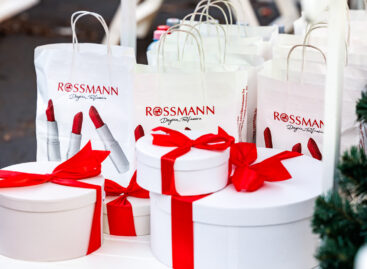Higher-income families are more intense private label buyers
![]()
According to the Private Labels Analysis report of GfK, the share of private label products in total FMCG sales grew by 1 percentage point to 25 percent last year, primarily to the detriment of so-called ‘B’ brands. Private label (PL) products are the most popular in the frozen food and pet food categories, and among wet wipes and cotton wool products. In 2016 every Hungarian household purchased a PL product at least once, on average 119 times a year, for HUF 1,119.
Within the group of PL product buyers there is a layer which shows a more intense demand for these products than the average. They represent 24 percent of Hungarian households and they are responsible for half of the total PL spending. It is also them who spend 45 percent of their FMCG budget in the discount supermarket channel (the channel’s share in total FMCG spending is 30 percent). The typical intense PL buyer household has children and lives in a city in the North West of the country. Their income is higher than the average.
The 40-49 age group is overrepresented among intense private label buyers and the proportion of households with members older than 60 years is low. Among the customers of discount supermarkets we can see that there are more and more households with members below the age of 40. What is more, they also spend more per buying occasion than before. They tend to visit these stores to buy sweets, snacks and fresh product categories. //

Krisztina Bakonyi-Kovács
senior product consultant
GfK
Related news
Shoppers don’t want sustainable, but they want organic?
In Germany the proportion of people who regularly buy sustainable…
Read more >Jumbo rolls out new private label range in the Netherlands and Belgium
Jumbo has introduced a new private label range called Jumbo’s…
Read more >Lidl’s private labels have a big influence on the Portuguese economy
Lidl Portugal’s private label products contributed nearly EUR 1bn to…
Read more >Related news
Penny’s ‘Markthalle’ discount concept in Germany
Penny’s marketplace concept in Germany is an evolutionary step towards…
Read more >The majority of Hungarians spend less than 50 thousand forints on Christmas gifts, sustainability is an important aspect, but not the primary one
Gift-giving is an essential holiday tradition, but what really matters…
Read more >Rossmann ended the year with charity
This year, Rossmann Hungary also provided support to many needy…
Read more >








